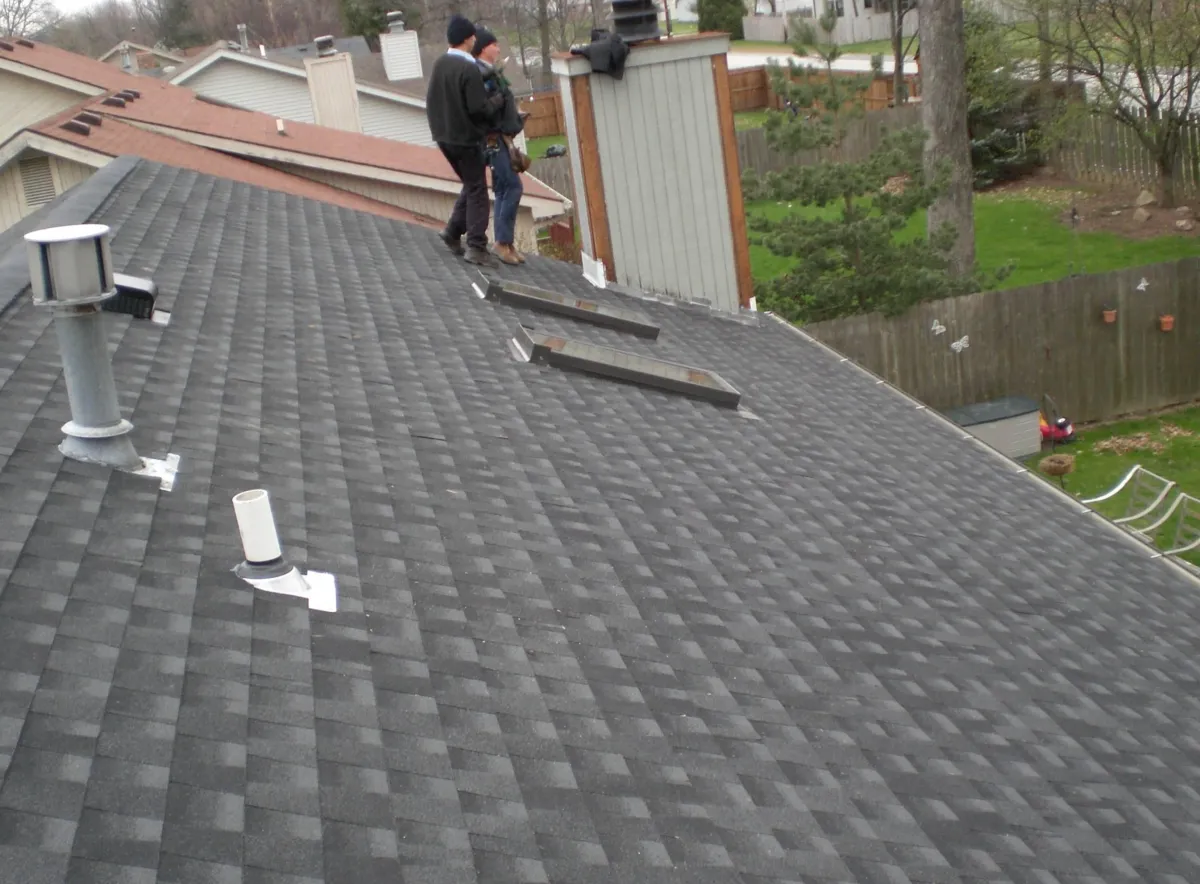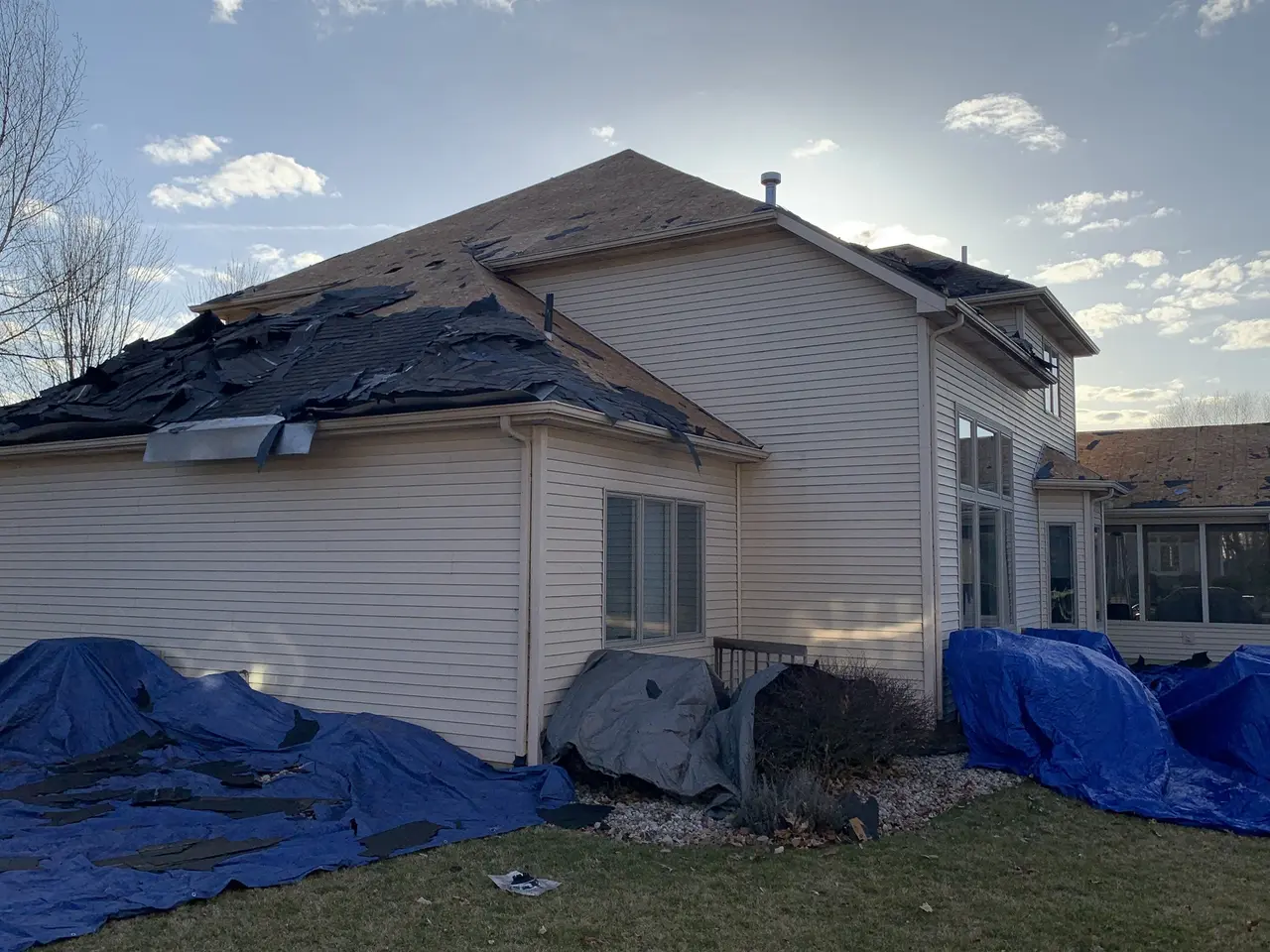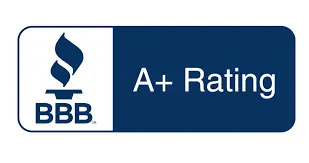SERVING FORT WAYNE AND SURROUNDING AREA

News & Insights

7 Signs You're Getting a Solid Roof Warranty
7 Signs You're Getting a Solid Roof Warranty
A roof is one of the most significant investments a homeowner can make, so ensuring it is well-protected with a solid warranty is crucial. Understanding the signs of a quality roof warranty can save you from unexpected costs and give you peace of mind. In this article, we'll explore the top indicators that you're getting a roof warranty that stands the test of time.

1. Comprehensive Coverage Details
One of the first signs of a quality roof warranty lies in its comprehensive coverage details. A solid warranty should not simply cover the materials used but also protect against installation errors, labor costs, and any potential damage caused during the warranty period. Look for warranties that clearly delineate what is included, as well as any exclusions that might leave you vulnerable. For instance, if an act of nature affects your roof, the warranty should specify whether that damage is covered or not.
To dive deeper, it's essential to ask your contractor about the specific types of damages covered. A warranty that includes weather-related incidents, such as hail or wind, is indicative of robust protection. Furthermore, pay attention to the warranty’s provisions regarding repairs; knowing whether repairs are completely covered or only partially can impact your financial planning significantly. This detail is crucial since unexpected repair costs can easily add up.
Comprehensive coverage also means provisions for materials that can be prone to defects or early wear. A sound roof warranty recognizes these issues and provides clarity around how such matters will be addressed. By assessing the durability and longevity discussion laid out in the warranty, you'll better understand the manufacturer's commitment to their product quality.
2. Length of the Warranty Period
The length of the warranty period serves as a telling sign of its quality and reliability. Generally, a longer warranty period suggests that the manufacturer is confident in the durability of their roof materials. Warranties typically range from 10 years to a lifetime, and understanding this variation helps you gauge how long your investment is protected. It's not simply about the time period; it's also about what is covered during that timeframe.
Additionally, the terms of the warranty often evolve as time goes on. For example, a warranty may provide full coverage for the first 10 years, then shift to a prorated coverage after that period. Knowing these transitions is vital; if your coverage diminishes significantly after a decade, you might want to reconsider your options. Insist on understanding how claims process timelines work, as warranties that discourage claims after a particular period can limit your recourse when issues arise.
3. Transferability Options
Transferability options are a crucial aspect of any roof warranty, especially for homeowners who may sell their property in the future. A solid roof warranty should be transferable to the new owner without considerable costs or hoops to jump through. This feature not only adds value to your home but also reassures prospective buyers that they are investing in a structurally sound property with continuing protections.
It's important to understand whether there are any fees associated with transferring the warranty. Some warranties may require a fee for transfer or impose stipulations that could affect the new owner's coverage. This can significantly influence the overall value of your home, making it essential to have a clear understanding of these terms before signing on the dotted line. A warranty that facilitates seamless transfer can enhance buyer confidence and subsequently make your home more marketable.
4. Clear Terms and Conditions
One cannot overemphasize the importance of clear terms and conditions in relation to a roof warranty. Ambiguities can lead to misunderstandings, causing significant financial repercussions down the line. A quality warranty should spell out everything—from the processes for filing claims to the exact obligations of both the homeowner and the contractor. If any language seems convoluted or unclear, don’t hesitate to seek clarification.
A solid roof warranty will also provide insights about the claim process, including essential timelines and documentation needed to file a claim successfully. Knowing precisely what steps to take can streamline your experience, minimizing frustration when problems arise. The more straightforward and transparent the terms are, the easier it will be for you to navigate potential issues in the future.
5. Manufacturer's Reputation
The manufacturer's reputation is a critical sign when evaluating the quality of any roof warranty. Industry leaders often back their products with robust warranty offerings because their credibility is tied to customer satisfaction. Therefore, researching the track record of the manufacturer is essential. Look for reviews, ratings, and any history of claims resolution to gauge how the manufacturer treats its customers.
Consider engaging with roofing professionals who work with the manufacturer regularly. Their insights can provide firsthand knowledge about how well the manufacturer honors warranty claims and adheres to their terms. Investing time in this research not only protects your investment but also builds a foundation of trust between you and the roofing contractor.
6. Availability of Warranty Support
The availability of warranty support is another noteworthy sign of a quality roof warranty. A solid warranty should offer accessible customer service and support channels to address any queries or concerns. Whether it’s through a dedicated hotline, an email support option, or even an online chat function, having various methods to seek assistance can make a world of difference. When warranties provide such support, it shows the manufacturer’s commitment to customer service.
Furthermore, look for warranties that include ongoing maintenance tips or check-ins, especially for long-term warranties. Regular messages reminding homeowners about best practices for maintaining their roofs can enhance the overall life of the investment. Some manufacturers even offer inspections during the warranty period, demonstrating their commitment to protecting your home well beyond the initial installation.
7. Regular Maintenance Requirements
Lastly, regular maintenance requirements outlined in a roof warranty can serve as a crucial indicator of its robustness. A good warranty will encourage upkeep, as it understands that a proactive approach can significantly prolong a roof’s lifespan. If a warranty stipulates that regular inspections and maintenance are required, be sure to adhere to those guidelines to keep your warranty valid.
Ultimately, homeowners should be aware that neglecting to perform specified maintenance tasks may void the warranty. Such clauses reinforce the importance of maintaining not only the roof but also an ongoing relationship with your contractor, ensuring they are kept in the loop regarding any potential issues. Making this effort can lead to a more straightforward claims process when it comes time to utilize your roof warranty.
Ready to protect your roof investment? Don’t let unexpected costs catch you off guard. Get the peace of mind that a solid roofing warranty can offer. Contact us today to learn more about comprehensive warranty options and find the perfect coverage for your roof!
Get Your Free Estimate Now and Start Transforming Your Space Today!
